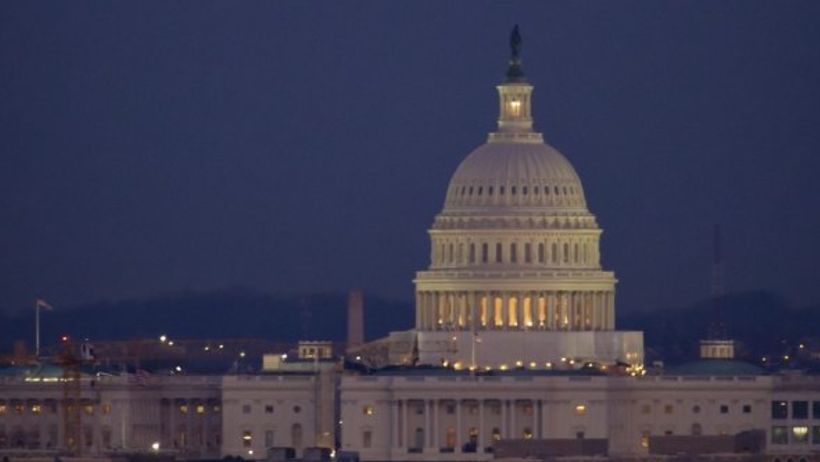I usually avoid straying into overtly political territory in my weekly writings. I tend to stick to moral issues that might allude to the current political scene, but rarely do I actively condemn or condone. However, the story of the government shutdown/standoff over the proposed border wall has been in front of us every day since the end of the year, and it’s increasingly difficult to ignore.

I keep coming back to the news of the migrant caravan that started working its way north several months ago from war-torn, gang-ridden, violent countries. When news broke that our borders were shut down, and the pictures of mothers and diapered children running from tear gas flooded the internet, my heart stopped. My entire family came to America as immigrants. They moved from Europe in the early 1920s to find safety and a better future. We are the “lucky” ones who were safely in America before World War II. Others did not have the same good fortune and were turned away, only to return to their peril and sometimes death in their countries of origin. Why do we vow “never again,” yet when we’re faced with the opportunity to save lives and create a safe haven, especially when there are thorough vetting processes in place, we say no?
Realistically, as citizens there’s only so much we can do. We can write our representatives to express approval or disapproval, and we can donate to aid organizations. But then what? The feeling of helplessness is paralyzing. The shadow of depression hovers low over the things we feel powerless to change. I have so many emotions, knowing that my family was able to seek freedom and security here, while countless others won’t have that opportunity.
This feeling of darkness is not mine alone to bear. We read in the Torah this week from Parshat Bo, which speaks of a similar feeling among the Egyptian people during the time of the plagues. Parshat Bo details the Exodus from Egypt. The Israelites are a traveling people, and in Parshat Bo the Israelites are steps away from leaving Egypt. Pharaoh again refuses to allow the Israelites to leave, and each of the three refusals brings with it one of the three final plagues. The narrative continues with the procedures for leaving Egypt, including putting the lamb’s blood on the doorpost, and the instruction to recreate these events by celebrating Passover in future generations.
During the plagues, there was nothing the average Egyptian could have done to end the misery. That’s the case for all of the plagues except one: darkness. Why is it, our Torah scholars ask, that during the plague of darkness, no one thought to light a candle? Wouldn’t that have ended the darkness? The commentary answers this question by imagining an entire group of people in a deep depression, a psychological or spiritual darkness. People suffering from depression often lack the physical energy to move or the emotional energy to get out of their own heads. This is exactly how the Egyptians are described. We can only guess what the emotional state of the Egyptians might have been, but the Torah is clear in its message. When we are enveloped in the plague of darkness, we lose reason, we lose compassion, we lose ourselves.
The stalemate that resulted in the current government shutdown feels like a plague of darkness. From the federal employees whose payroll has been affected, to the complicated issue of border security versus humanitarian aid, the lack of movement is paralyzing.
I certainly don’t claim to have all the political answers for how to solve the immigration crisis, but I know that darkness is not it. I know that an immobile, uncompromising Congress is not it. I know that verbally and physically attacking people who are simply looking for a better life for their children is not it. I don’t have the solution, but I remain hopeful that at some point soon we will remember we still have the power to end the darkness by turning on a light.



